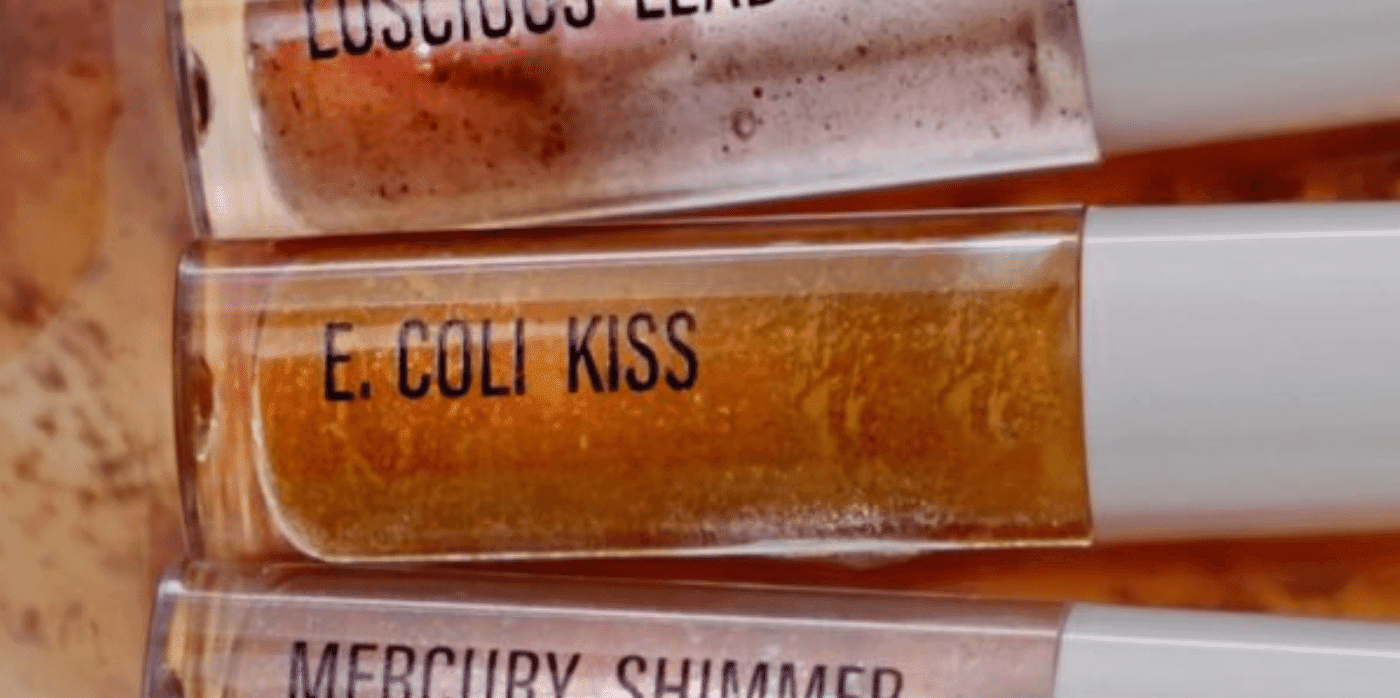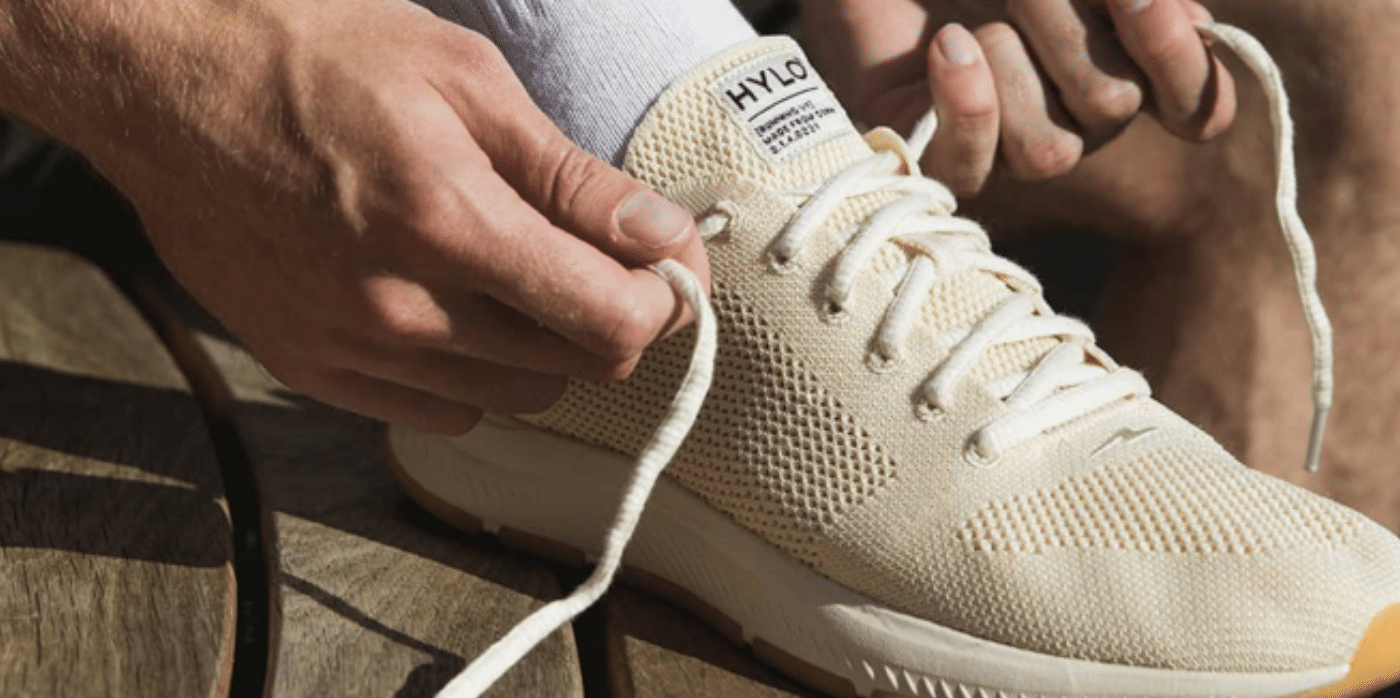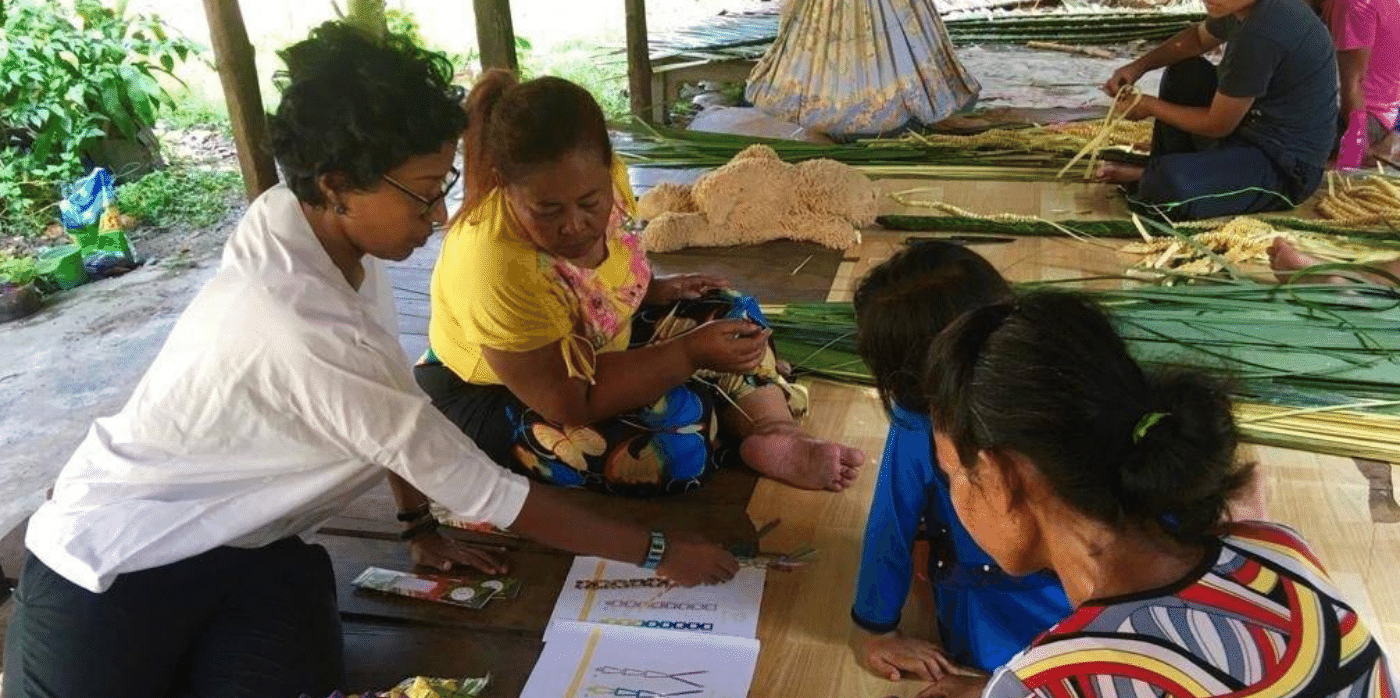Indigenous-owned beauty brand makes toxic lip gloss to highlight clean water crisis
Spotted: For June’s Indigenous History Month, Cheekbone Beauty launched a social-driven ‘#GlossedOver’ campaign with the help of agency Sid Lee. Cheekbone Beauty is a Canadian, Indigenous-owned beauty brand that makes vegan and sustainable cosmetics. The campaign recognised the struggles First Nations and Indigenous communities have faced for access to clean drinking water – a hot-button issue in the last three Canadian federal elections.
As part of the campaign, Cheekbone Beauty is releasing a line of lip gloss made using water from Indigenous communities in Canada. The twist? The lipgloss cannot actually be sold because the water is so contaminated.
With names like ‘Lucious Lead’ and ‘E.Coli Kiss’, the Cheekbone Beauty lip glosses are sure to get people talking—and thinking—about why anyone should have to put contaminated water to their lips.
Cheekbone’s mission is to make ‘a difference in the lives of Indigenous youth through donations addressing the educational funding gap, and to create a space in the beauty industry where Indigenous youth feel represented and seen’. To date, the brand has donated over CAD$150,000 (around €110,000) to a variety of non-profit organisations across North America.
Innovations spotted by Springwise that tackle contaminated water include a mobile filtration system that provides affordable clean water, a green technology to treat industrial wastewater, and kombucha used to remove e-coli from water.
Written By: Katrina Lane
8th July 2022
Website: cheekbonebeauty.com
Contact: cheekbonebeauty.com/pages/contact-us



